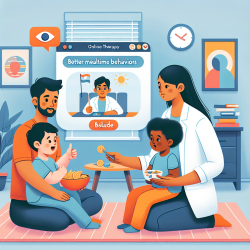The human brain's remarkable plasticity allows it to reorganize and recover from significant perturbations. However, neurological deficits following iatrogenic injuries often have limited active treatments. Recent advancements in imaging and stimulation technologies are paving the way for innovative therapeutic approaches aimed at accelerating recovery post-craniotomy.
Understanding Interventional Neurorehabilitation
The study titled "Interventional neurorehabilitation for promoting functional recovery post-craniotomy: a proof-of-concept" introduces a novel approach to neurorehabilitation. This method utilizes connectome-based therapeutic brain stimulation to drive cortical reorganization, promoting functional recovery in patients who have undergone craniotomy.
The Study's Approach
- Participants: The study involved 34 glioma patients who experienced motor or language deficits post-surgery.
- Treatment: Patients underwent network-specific transcranial magnetic stimulation (TMS) sessions daily over five consecutive days.
- Outcomes: No seizures or serious complications were reported, and significant improvements were observed in 28 out of 31 patients post-TMS.
Implications for Practitioners
The findings from this study offer valuable insights for practitioners seeking to enhance their skills in neurorehabilitation. Here are some key takeaways:
- Safety Profile: The study demonstrates the safety of TMS in a high seizure risk population, making it a viable option for post-craniotomy rehabilitation.
- Clinical Efficacy: The significant improvements observed in motor and language functions highlight the potential of TMS to facilitate functional recovery.
- Personalized Treatment: The use of connectomics to tailor TMS sessions to individual patient networks underscores the importance of personalized treatment plans.
The Future of Neurorehabilitation
This proof-of-concept study lays the groundwork for future research into interventional neurorehabilitation. While the study was not randomized or controlled, it opens avenues for prospective trials to establish the efficacy of TMS in enhancing recovery trajectories post-craniotomy.
Practitioners are encouraged to explore further research and consider incorporating these findings into their practice. The potential benefits of individualized TMS therapy could revolutionize post-operative care, offering new hope for patients recovering from brain surgery.










